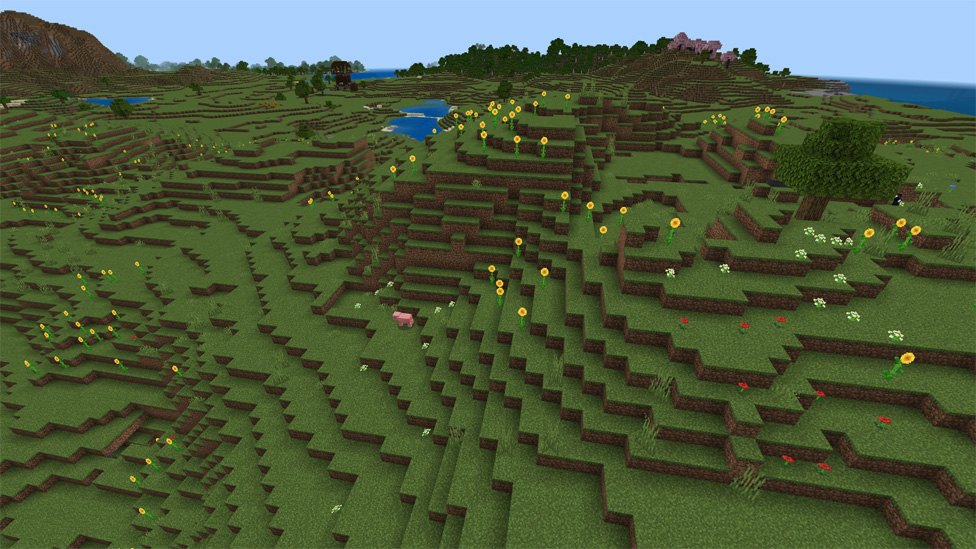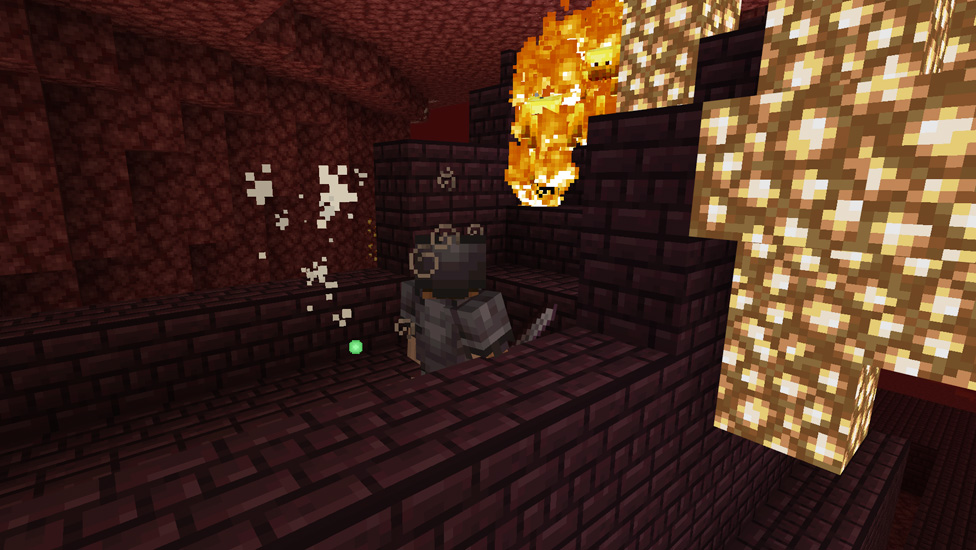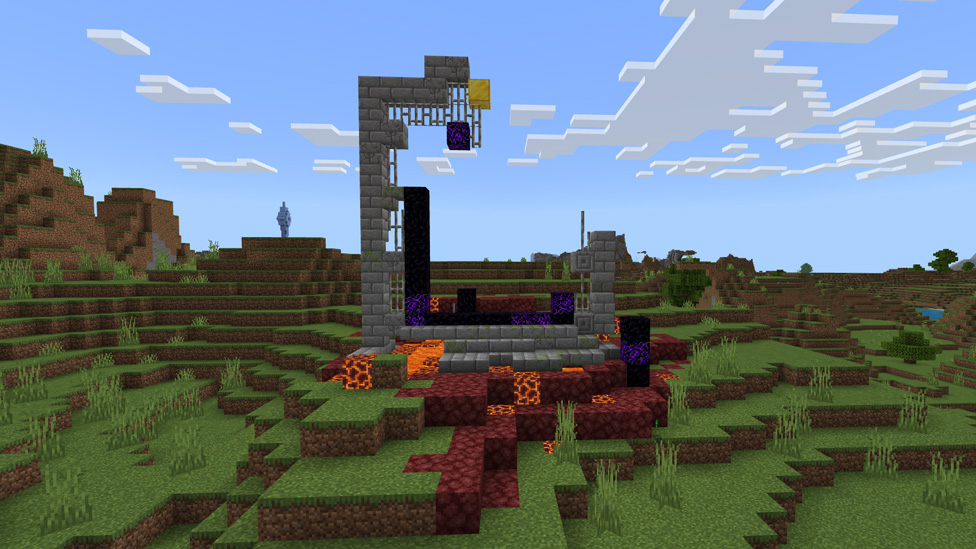How to Increase Minecraft Bedrock Server Performance
Make Your Own Minecraft Server For Free
Your own Minecraft server is only 5 minutes away! We support simple one click install for over 1000 unique modpacks.
Free Minecraft Server Hosting
How to Increase Minecraft Bedrock Server Performance

Minecraft, a game renowned for its creative freedom and expansive worlds, can sometimes be hindered by lag, especially on servers. For enthusiasts hosting a Minecraft Bedrock server, ensuring optimal performance is crucial for a smooth gaming experience. This manual explores a variety of server configurations and tactics aimed at boosting server efficiency, minimizing lag, and ensuring a pleasurable experience for every player. For those seeking a top-notch server hosting option, look at Minecraft server hosting by ScalaCube for dependable and smooth gameplay.
Understanding the Causes of Lag in Minecraft Servers
Before diving into optimization strategies, it's essential to understand what causes lag. Minecraft server lag can stem from two main sources: hardware limitations and software configurations. Hardware-related lag is often due to insufficient CPU or memory resources, while software-related lag can arise from server settings or game mechanics like the 'max tick time.'Key Strategies to Optimize Minecraft Server Performance
Optimizing Server Settings
Tweaking certain server settings can significantly improve performance. Adjustments like reducing the 'max tick time' can help the server run more smoothly by limiting the time each game tick takes.Hardware Upgrades
For servers consistently lagging, upgrading the hardware may be necessary. Increasing RAM or moving to a faster CPU can substantially reduce lag.Using Performance-Enhancing Plugins
For servers running Minecraft Java Edition, plugins like those configured through 'paper.yml' can optimize game mechanics without altering gameplay significantly.Reducing Render Distance
A common culprit for lag is high render distances. Lowering this setting can reduce the strain on the server's CPU and memory, improving overall performance.
Regular Maintenance and Updates
Keeping your server software updated and performing regular maintenance can also help in reducing lag and improving performance.Advanced Tips for Reducing Lag on Minecraft Servers

Managing World Size and Complexity
Larger worlds with more complex structures can cause more lag. Consider limiting world size or complexity to improve server performance.Optimizing Network Settings
Network-related lag can be mitigated by optimizing network settings, ensuring a stable and fast connection for all players.Allocating Adequate Resources
Ensure your server has enough RAM and CPU allocated. Monitoring resource usage can help you make necessary adjustments.Limiting Player Count
Sometimes, simply limiting the number of players on a server can significantly reduce lag.Using Dedicated Hosting Services
Consider using a dedicated Minecraft server hosting service like Minecraft server, which can provide optimized hardware and network conditions tailored for Minecraft.Streamlining Minecraft Bedrock Server Performance
Continuing our exploration of optimizing Minecraft Bedrock server performance, let's delve into some additional techniques and best practices. Achieving a lag-free server environment not only enhances the gaming experience but also encourages players to spend more time on your server.Monitoring and Adjusting Resource Usage
It's vital to consistently keep track of your server's resource use. There are numerous tools and plugins available that assist in overseeing your server's CPU, memory, and disk space usage. Should you observe that your server often maxes out its resource limits in these aspects, contemplating an upgrade to your hardware or a reallocation of resources might be essential.Managing Chunk Loading and Unloading
Chunks in Minecraft refer to the 16x16 block sections of the world. The server loads these chunks as players move around. However, excessive chunk loading can strain the server. Configuring chunk loading and unloading settings can help manage this. Reducing the number of chunks loaded around each player and setting an automatic unloading of chunks that are no longer in use can significantly reduce server lag.Optimizing World Data and Backups
Regularly optimizing your world data by deleting old or unused data can keep your server running smoothly. Additionally, while regular backups are essential for data integrity, they can consume significant resources. Scheduling backups during off-peak hours can help minimize their impact on server performance.Utilizing Efficient Plugins and Mods
If you're running mods or plugins, ensure they are optimized for server performance. Some poorly coded plugins can cause significant server lag. Regularly review and update your plugins and mods to ensure they are not negatively impacting your server's performance.
Implementing Performance-Enhancing Software
For Minecraft Bedrock servers, using specialized server software like Bedrock Dedicated Server (BDS) can provide better performance compared to the default server software. BDS is designed to handle larger numbers of players and more complex constructions with less lag.Educating Players About Server Etiquette
Sometimes, player actions can inadvertently cause lag. Educating your server community about actions that can strain the server (like excessive redstone machinery or large-scale mob farms) can help in maintaining a stable environment.Final Reflections
Optimizing a Minecraft Bedrock server for performance is a multi-faceted task that requires attention to both hardware and software. From managing resource usage and chunk loading to choosing efficient plugins and educating players, each aspect plays a vital role in ensuring a smooth, lag-free gaming experience. Using a dedicated hosting service like a Minecraft server provider that can also greatly contribute to enhancing server performance.FAQs
Is it necessary to regularly monitor and adjust Minecraft server resources?
Yes, monitoring and adjusting resource usage is crucial for maintaining optimal server performance and preventing lag.
How does chunk management affect server performance?
Effective chunk management, including loading and unloading, is key to reducing the strain on the server and improving performance.
What is the importance of using efficient plugins and mods?
Efficient plugins and mods are essential as they can significantly impact server performance, with poorly coded ones potentially causing lag.
Make Your Own Minecraft Server For Free
Your own Minecraft server is only 5 minutes away! We support simple one click install for over 1000 unique modpacks.
Start Your Server For Free!
Copyright 2019-2026 © ScalaCube - All Rights Reserved.